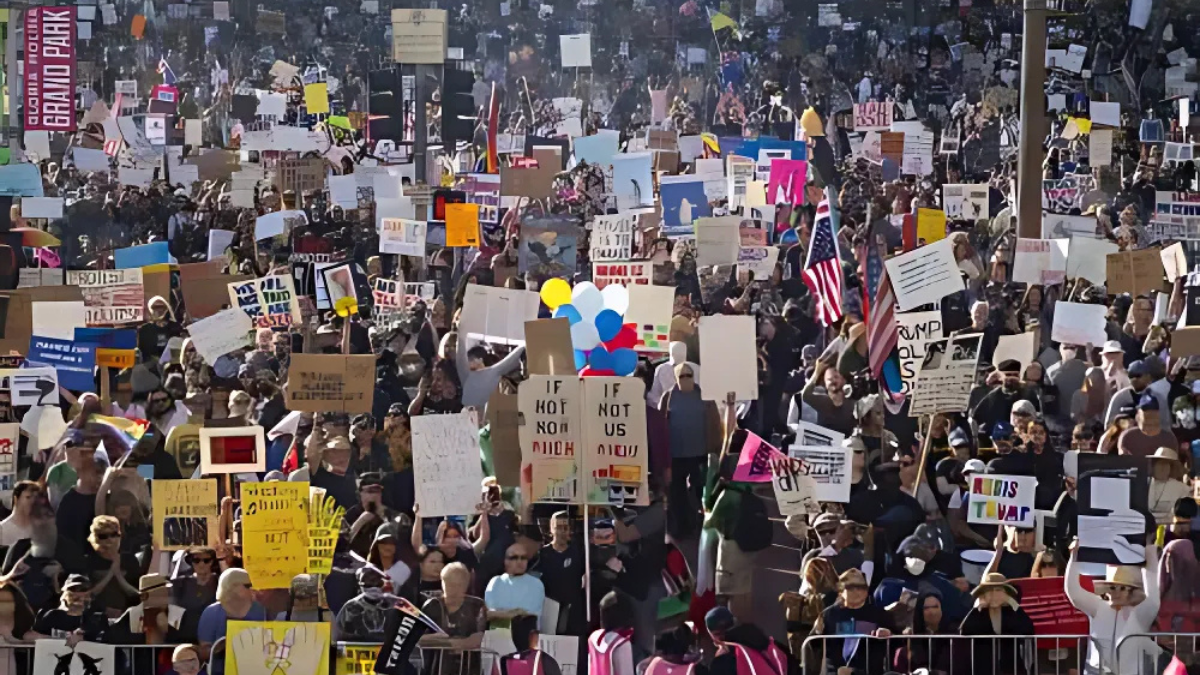
Protest slogans serve not only as rallying cries but also as cultural texts that enable communities to reclaim their identity and reshape civic narratives. These powerful phrases encapsulate collective sentiments and values, often becoming emblematic of broader social movements. By distilling complex ideals into memorable and repeatable expressions, slogans help fortify group solidarity and amplify marginalized voices.
Moreover, the cultural impact of protest slogans extends beyond the immediate context of demonstrations. They influence public discourse, inspire art and literature, and contribute to the evolving understanding of identity within society. As such, these slogans play a crucial role in shaping modern identity by:
- Reinforcing Community Bonds: Slogans foster a sense of belonging among participants by highlighting shared goals and experiences.
- Challenging Dominant Narratives: They provide alternative perspectives to mainstream histories and societal norms.
- Mobilizing Action: Catchy and powerful phrases motivate individuals to engage in collective efforts for change.
- Preserving Historical Memory: Iconic slogans become embedded in cultural memory, serving as reminders of past struggles and achievements.
Ultimately, the cultural power of protest slogans lies in their ability to encapsulate and communicate the essence of movements, thereby shaping both individual and collective identities in modern society.

